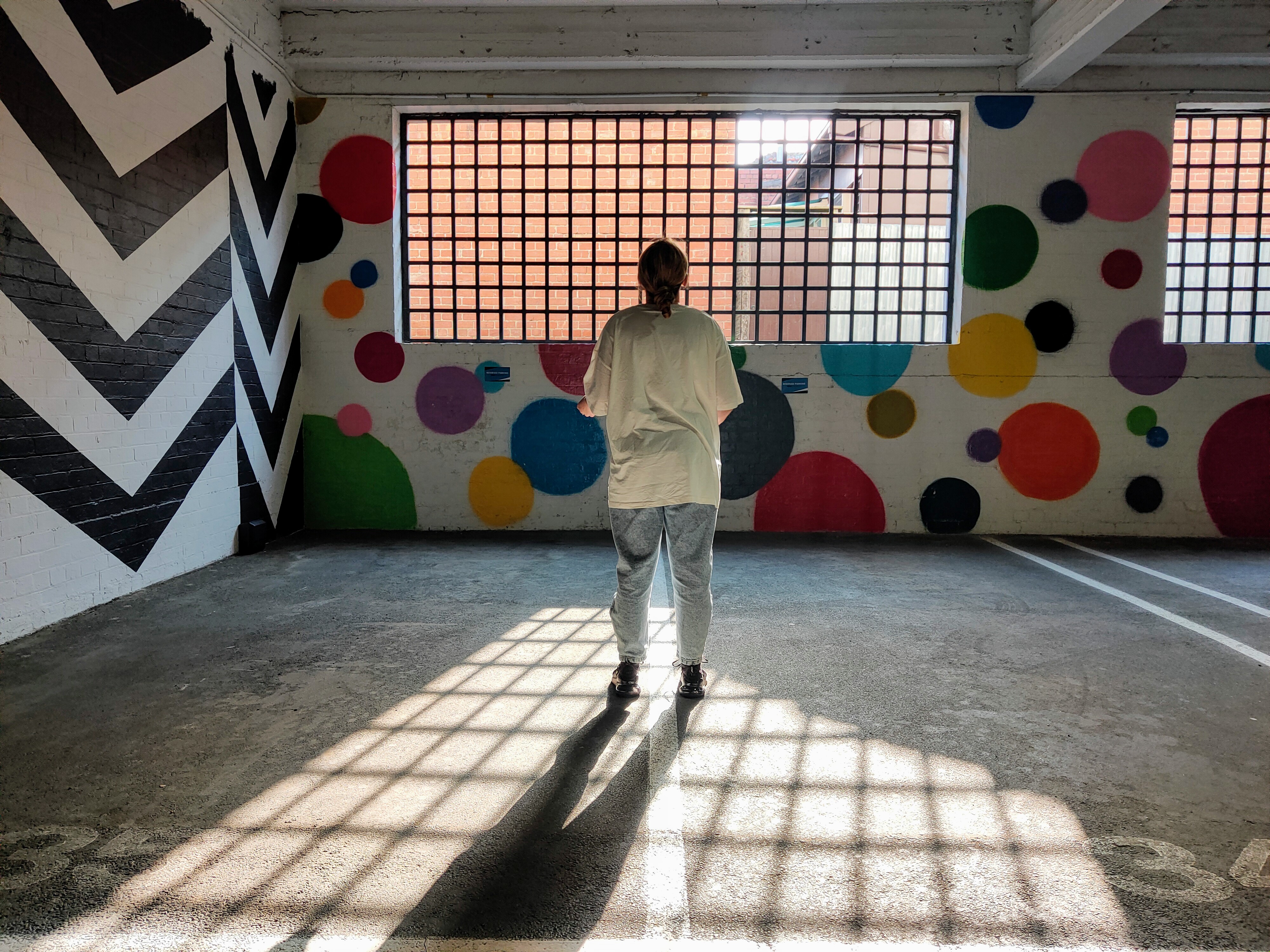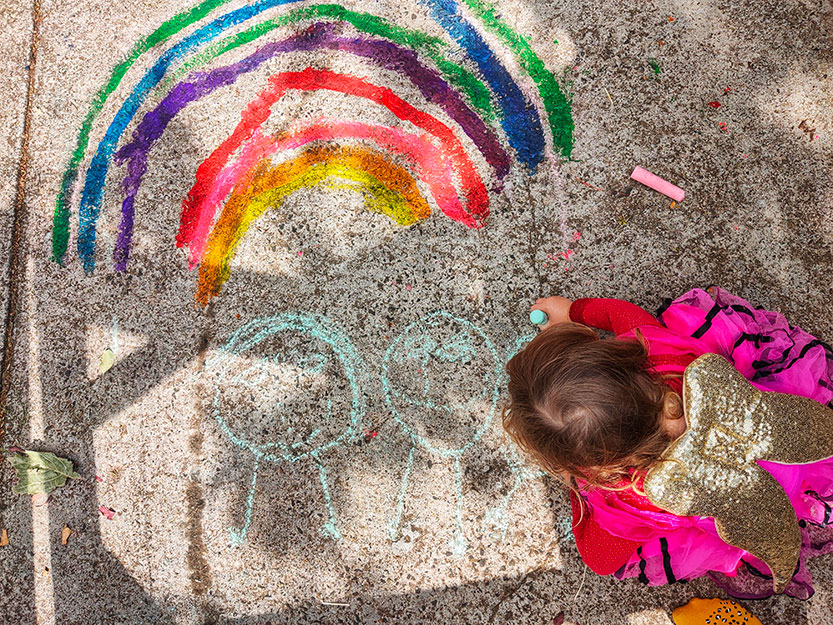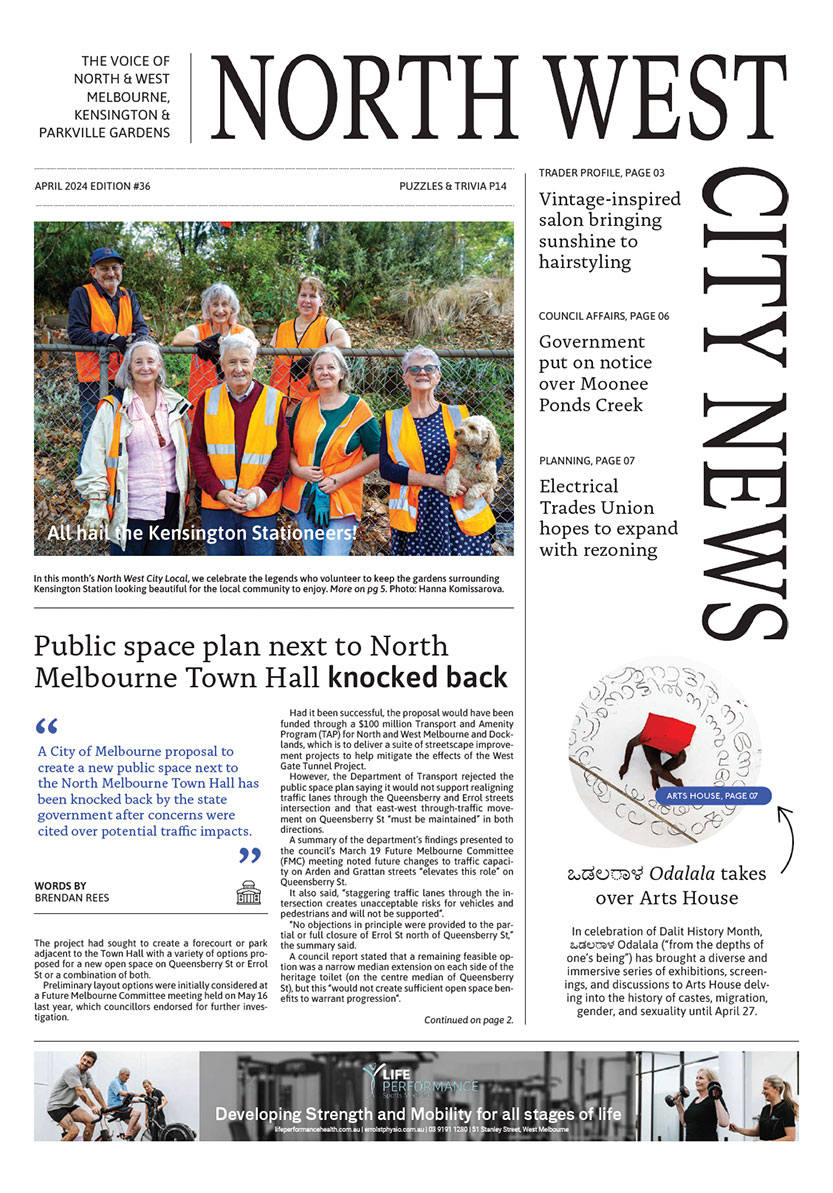Creativity and its impact on mental health
Tapping into our innate creativity (yes, we all have it!) and unleashing our imagination can help with processing emotions, reducing anxiety, improving self-esteem, and boosting our overall mental health.
In this article, Sylvie Meltzer, creative director at Satellite Foundation, shares her thoughts on how creativity offers alternative ways of sharing our stories, regardless of age, and how creativity can act as a catalyst for improving wellbeing, sparking joy and feeling connected to others; all so important during these challenging COVID times …
“I’m not really a creative person”, is a common phrase uttered by those who believe they don’t have a creative bone in their body. At Satellite Foundation, we know this just isn’t true!
British creative entrepreneur David Parrish, coins two kinds of creativity: “a” creativity – all the “artistic” practices we associate with the word such as visual arts, theatre, poetry, dance, music, writing, crafts, and photography. And “I” creativity – ingenious innovations that would not ordinarily be described as “artistic” in any way such as problem solving, thinking outside the box, and finding solutions to complex situations.
When you think about the range of activities, outputs and ways of being that are in fact inherently creative, it’s easy to conclude that, in fact, you are most probably extremely creative. Everyone is.
Satellite has the strong belief that being “creative” is simply being given permission to see, feel, share and communicate our experiences in this world in lots of different ways.
Here’s a scientific fact: when we are being “creative”, our brains release dopamine, which is a natural anti-depressant. Dopamine plays a role in how we feel pleasure. It’s a big part of our unique human ability to think and plan. It helps us strive, focus, and find things interesting.
Creativity as ritual
Mindfulness, weekly practices, journal writing, yoga, bubble baths, drawing and doodling, and self-care are all part of the daily lexicon around mental health and wellbeing. All these activities require a belief that we are deserving of moments in our lives to reflect, relax and connect if we can just work out how to set some healthy boundaries. This is not always easy. Practicing something can be a really hard thing – especially in this ever-changing world. But it is in these regular changes where we find a playground for creativity.
Creativity as a more flexible form of self-expression
The five senses are a powerful starting point here. We are shaped by how we engage with our surroundings. The act of “noticing” is a creative practice – how blue the sky is, how much you love that song, how the smell of coffee reminds you of that time, how the touch of your cat’s fur brings you a sense of safety. The world around us provides constant metaphors for the way we feel every day. Some people have worked out how to carefully craft those observations into books, poems, landscapes, and lyrics – but most of us use our senses to store up and build upon a personal library of memories, symbols and images that add to the scrapbook of our lives. The thing with scrapbooks is, it’s often the less curated bits that can reveal authentic parts of our stories.
How can we foster creativity to work with mental health?
There is an expectation that hovers around the word “creative”. It could be argued that it suggests a “doing” rather than just “being” and therefore carries the assumption of an outcome. The same can be said for engaging in mental health dialogues – whether it be seeking professional help or just talking with a friend. Both ask for access to a sharing of ourselves that can be terrifying, and liberating. Both can make people feel vulnerable and feeling vulnerable is hard. And, often, we don’t want to do it.
There are different realms of vulnerability, however, and both spaces, whether we are comfortable sitting in them or not, can offer a freedom to indulge, explore, communicate, celebrate, reflect upon, and process the experience of being human. Recognise when you cook, sort out a cupboard, write a list, gaze out the window, pick a flower, take a breath you are engaging with that world and that engagement is an act of creativity – because it’s yours. It doesn’t matter if you make something of it. Noticing is enough.
Embedding creativity into the lives of young people
A communion of dialogue exists in so many forms, especially for young people who are standing on a precipice of discovery, confusion, exploration, and learning every single day.
What would happen if we allowed silence to speak, colour to emote, photographs to show, graffiti to reach, music to share, and masks to protect? What if we asked questions around mental health and heard ALL the answers in the various ways they can be shared?
In group settings with young people, creative thinking can help to enhance awareness, develop trust, and foster group cohesion. Most of the time it doesn’t matter what the activity is!
Some tips for inserting creative play into the “everyday”
If that all sounds too simple (or complicated!) then setting ever-changing mini projects is a wonderful practice to bring creativity into your everyday. Some simple ideas include:
Writing a reflective sentence in a notebook
Taking a photograph out of the same window for a week
Picking a flower posy or a song to start the day
Starting a project with a friend via a chat platform where you share reflections, observations or images around a topic that you both feel connected to for a set period of time
Writing positive self-talk posts and leaving them on your mirror
Finding the colours of the rainbow in nature on a walk
Sending a postcard or a written letter to someone
Handwrite a recipe you might have tried recently (or learn to cook one you haven’t yet!) and start a recipe scrapbook
Do whatever brings you joy, slows you down, lifts you up, or connects you. Share yourself in whatever way you want to – someone will be listening.
Satellite Foundation is a not-for-profit organisation based on Victoria St, which delivers programs, workshops and activities for children, young people and their families who have parent or family member loving with mental illness or psychological distress •
Visit satellitefoundation.org.au for more information or follow them on Facebook and Instagram.
For more information:

Jo Ryan unveils Ordered Chaos at Blender Studios




 Download the Latest Edition
Download the Latest Edition